Taking action for a healthy aquatic environment
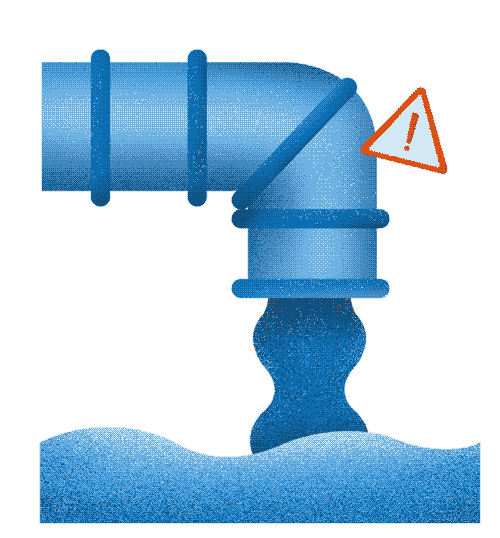
A Major Challenge for the Environment
and Public Health
For several years now, it has become clear that our surface waters (rivers, lakes, coastal waters, etc.) are deteriorating due to various factors.
Surface water quality is a crucial issue that Surfrider Foundation Europe places at the heart of its mission. Lakes, rivers, coastal waters—these exceptional ecosystems host precious biodiversity but are under intense pressure from human activities.
The Devastating Impacts of Poor Water Quality on Aquatic Ecosystems…
Water pollution triggers a true domino effect that disrupts entire ecosystems. Eutrophication, caused by an excess of nutrients, leads to algae blooms that deplete oxygen and create dead zones. Chemical pollutants exert direct toxicity on aquatic organisms, while contamination disrupts food chains starting with plankton. This cascade of disturbances smothers natural nurseries, enables the invasion of opportunistic species, and causes the collapse of essential ecosystem services.
…and on Human Health
Chemical pollutants stem from urban runoff, industrial or agricultural discharges, while bacteriological pollution is mainly linked to wastewater. Biological contamination, such as the proliferation of toxic algae exacerbated by climate change, also presents major health risks.
These types of pollution directly affect the health of people engaging in water-based activities. Possible infections include nausea, diarrhea, respiratory infections, ear infections, conjunctivitis, and, in rare cases, more serious illnesses. The bioaccumulation of pollutants in the food chain also represents a significant indirect exposure route.
These risks highlight the importance of protecting everyone’s health—even in recreational activities that are typically considered beneficial to well-being!
In response to these challenges, Surfrider Foundation is firmly committed to rigorous monitoring and ambitious policies that ensure excellent water quality. This approach is part of a broader vision in which the health of the ocean, aquatic ecosystems, and humanity are intrinsically linked.
By protecting the Ocean from the various sources of pollution that threaten it, we safeguard the water cycle—and, in turn, our own health. Surfrider Foundation advocates for exemplary quality standards and continuous monitoring, as healthy waters ensure both the vitality of aquatic ecosystems and the well-being of the millions of Europeans who interact with them.
There is still hope: by taking concrete and effective action on pollution sources, we can protect the entire water cycle and preserve this vital resource for future generations.
The various types of pollution that threaten water quality and health
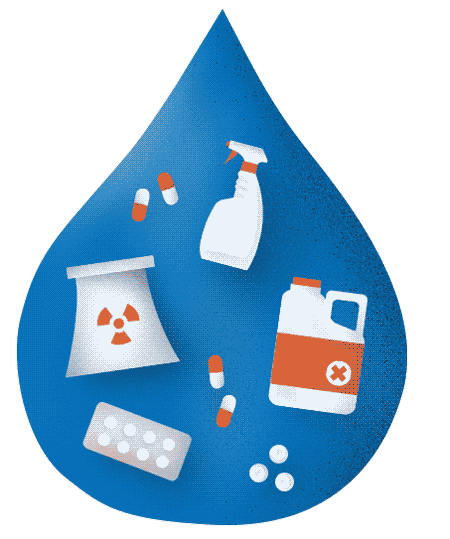
Chemical pollution
Chemical pollution poses a health risk to people who enjoy water sports. Pesticides, detergents and heavy metals are all contaminants that end up in rivers, streams and, ultimately, coastal waters. These substances are not monitored during bathing water quality checks, yet they can pose serious risks to both aquatic biodiversity and human health (skin and respiratory conditions, poisoning).
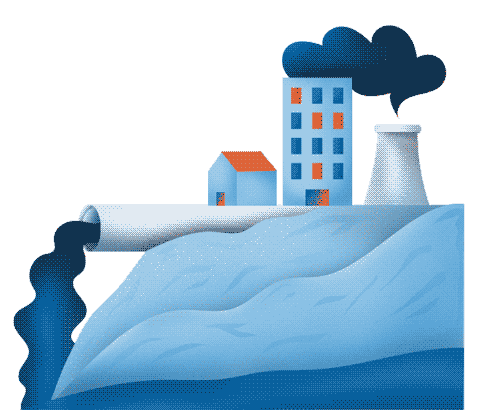
Bacteriological pollution
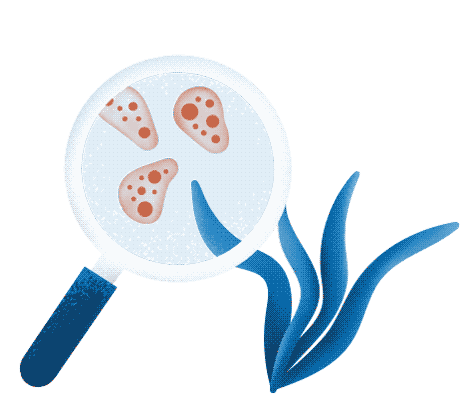
Ostreopsis, cyanobacteria & co.: a growing threat to our oceans and beaches
A direct effect of climate change, which warms coastal waters and rivers, algal blooms, or algae proliferations, can have harmful effects on aquatic biodiversity and human health.
Our means of action to improve the quality of aquatic environments
The ocean is much more than just a landscape: it is a true ally for our well-being and health. That is why, for more than 30 years, Surfrider Foundation has been actively committed to improving the quality of recreational waters in France and, more broadly, in Europe.
Thanks to its expertise in chemical, biological and bacteriological pollution, the association campaigns for safer waters, whether for swimmers or water sports enthusiasts.
To this end, monitoring water quality is at the heart of our approach, thanks in particular to the motivation and commitment of our network of volunteers who defend the ocean and coastal areas.
Together, through our actions, we can put pressure on decision-makers and take action for cleaner waters, for our health and for biodiversity.
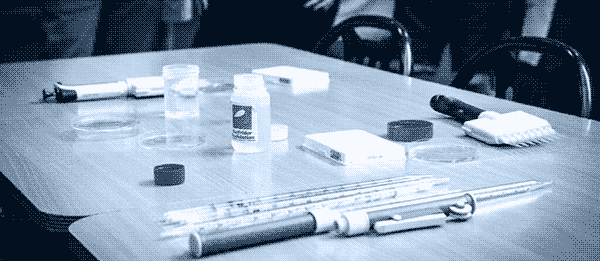
Monitoring
A rigorous monitoring process has been put in place to monitor and analyse water pollution. Our analyses and investigations enable us to understand the sources of pollution and their impact on human health and the environment. They enable us to inform local stakeholders and support local decision-makers in developing sustainable solutions when regulatory thresholds are exceeded, and are also a means of informing and strengthening our national and European advocacy work.
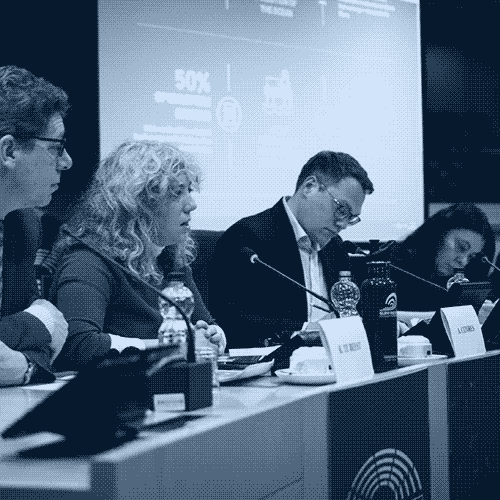
Lobby
Advocacy is an important pillar of our work to improve the quality of our aquatic environments and strive for better protection of human health. In collaboration with sports and environmental organisations, we have launched a ‘manifesto for healthy waters’ to ensure that European water quality directives are reviewed and strengthened. This mobilisation enables us to influence political decisions at national and European level and to advocate for stricter and more proactive management of aquatic environments.
As such, our ‘Healthy Waters’ campaign aims to guarantee excellent water quality for all by encouraging decision-makers to tackle pollution at source, rather than simply resorting to remedial solutions.

Art
Surfrider also uses art to raise public awareness. For example, the biological impacts of surface water pollution were highlighted in the exhibition Ostreopsis, the toxic algae threatening our coasts.

Education
Education is at the heart of our mission: we develop awareness programmes to inform a wide audience about the importance of preserving water quality, but also about the dangers that different types of water pollution can pose.
Going further
